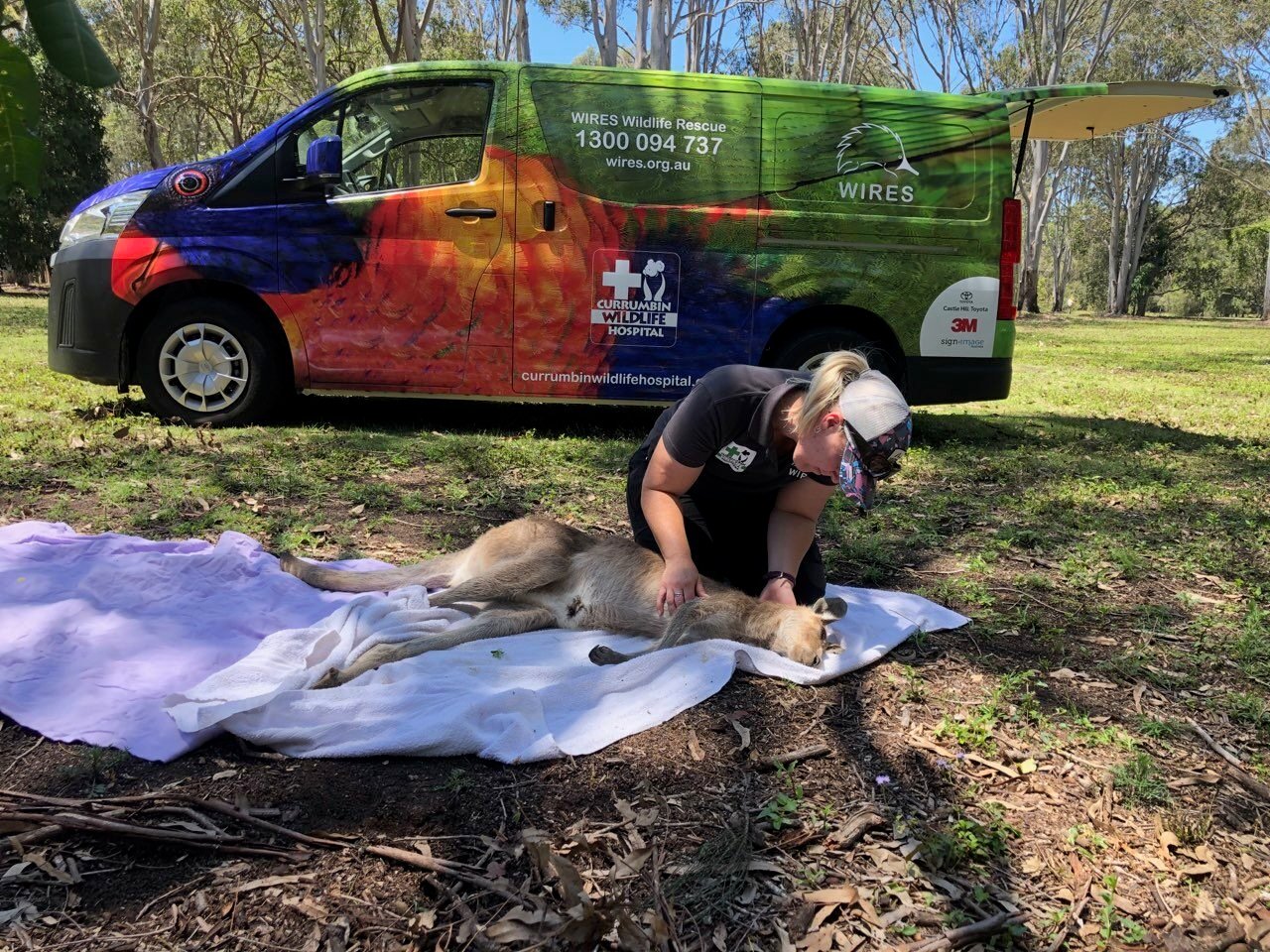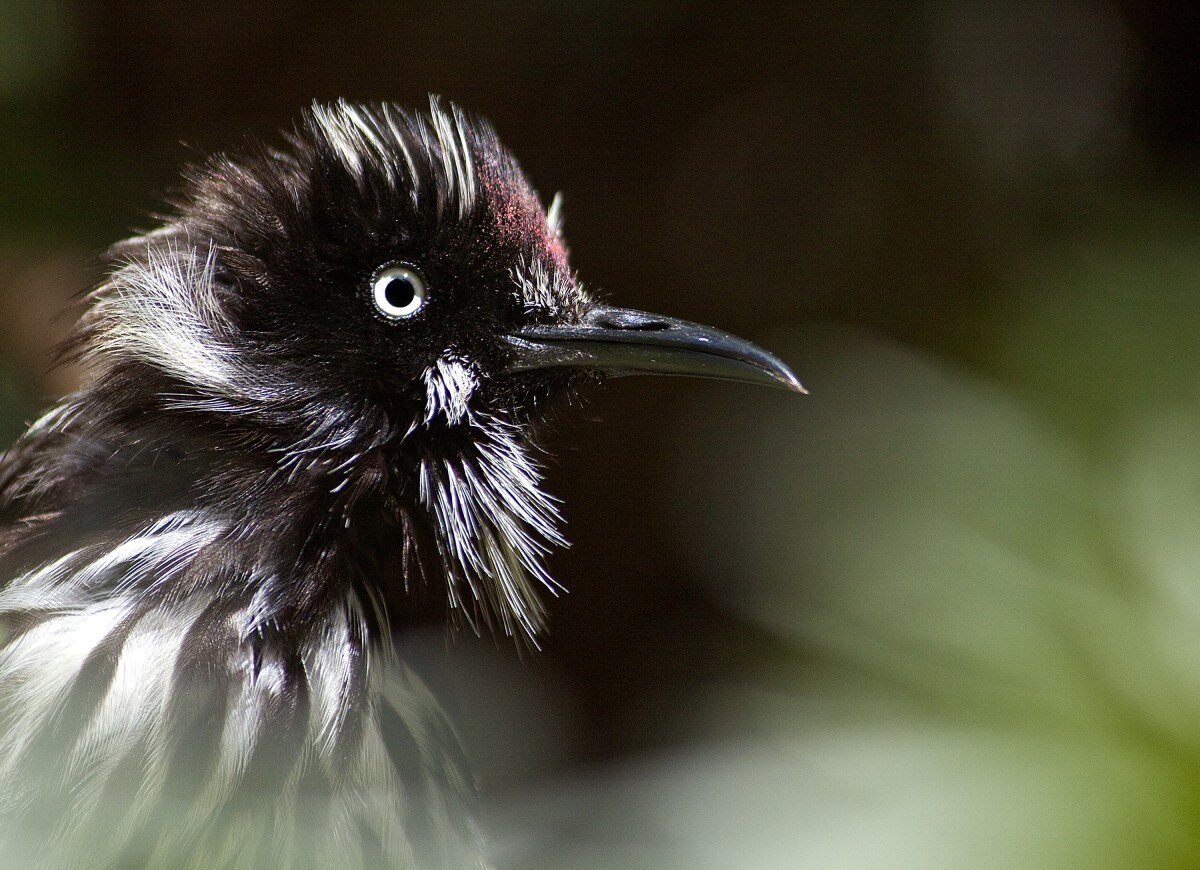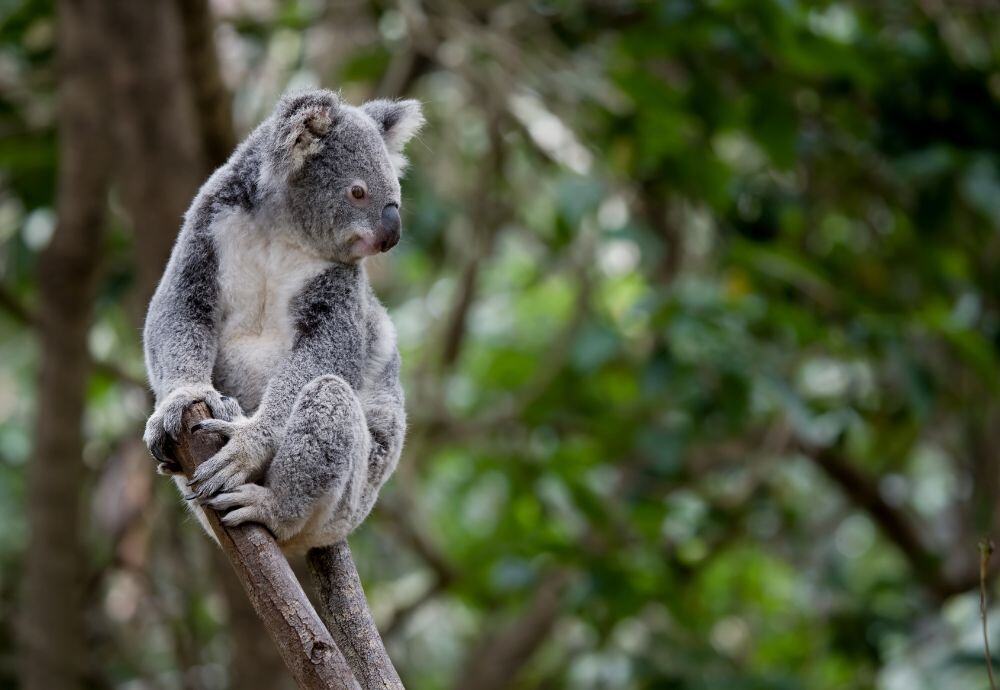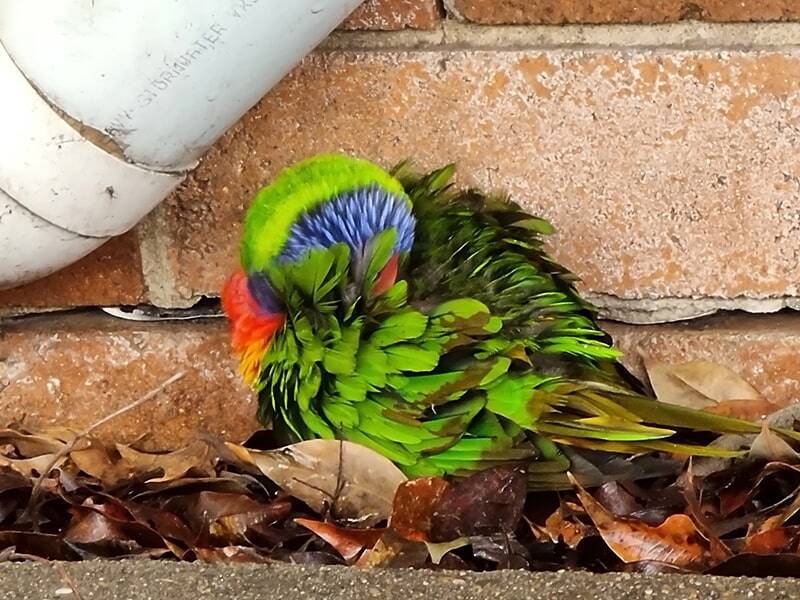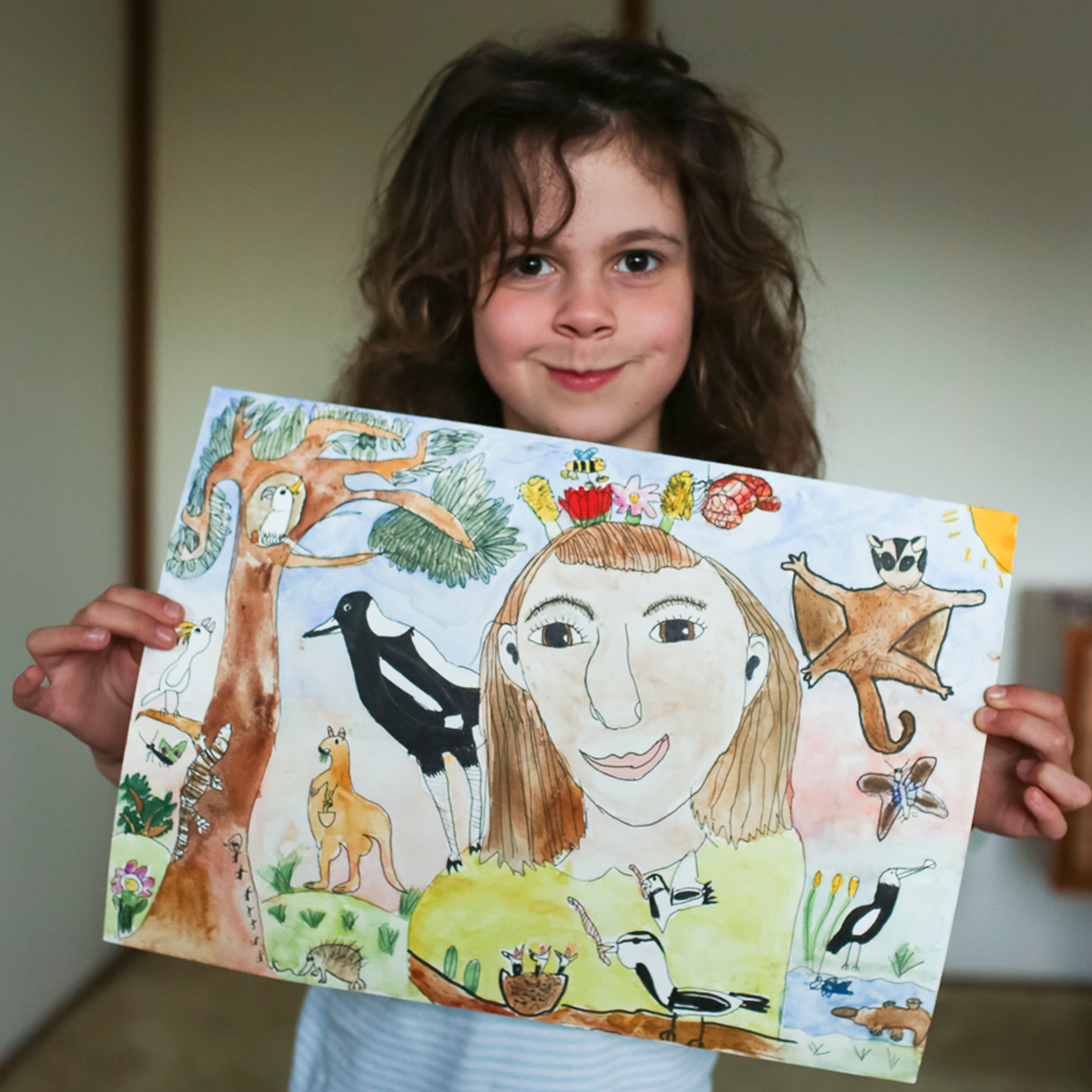Wildlife
Information
- Home
- What We Do
- Wildlife Information
WIRES is Australia's largest wildlife rescue organisation, and WIRES has been serving wildlife and the community since 1985.
All native animals are protected species, and WIRES mission is to actively rehabilitate and preserve Australian wildlife and inspire others to do the same. WIRES is dedicated to the rescue, rehabilitation, recovery, protection and preservation of native animals.
To access 24/7 rescue advice and assistance for sick, injured and orphaned native animals call 1300 094 737, or fill in the online rescue form.
